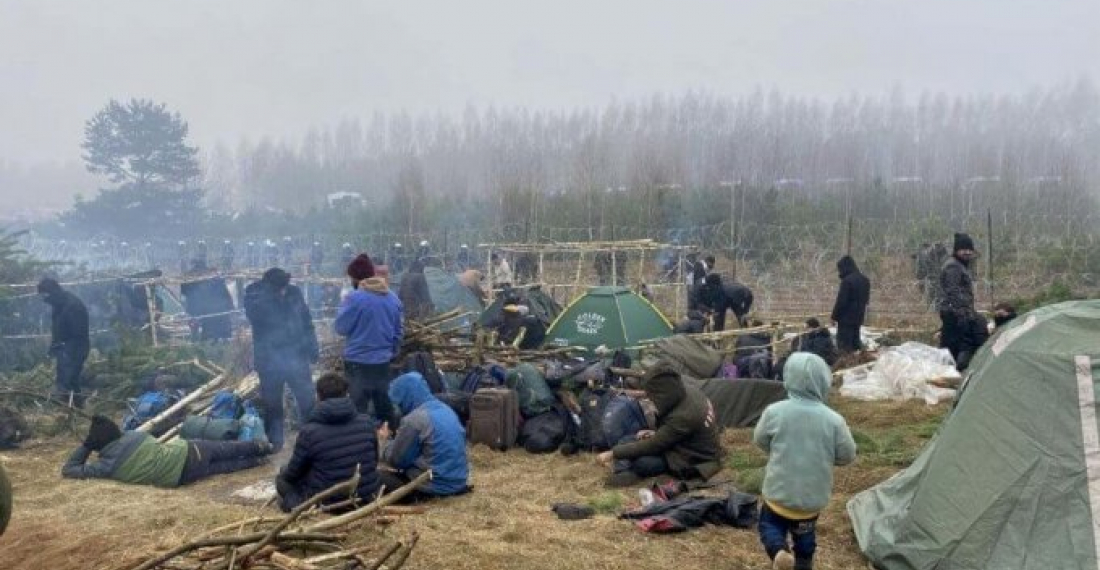The European Commission has decided to allocate 700,000 euros in humanitarian assistance to vulnerable refugees and migrants stranded on the border of Belarus. Two hundred thousand euros of humanitarian aid have already been deposited in the International Federation of Red Cross and Red Crescent Societies (IFRC) fund. According to the Commission, this will allow the Red Cross in Belarus to directly purchase essential items such as food, blankets, first aid kits, and hygiene products.
The Commission is also in discussion with humanitarian aid organisations on spending a further 500,000 euros. The Commissioner for Crisis Management, Janez Lenarčič, said: “The EU is supporting its humanitarian partners to help alleviate the suffering of people stranded at the border and in other parts of Belarus”. Furthermore, he called on the authorities to allow humanitarian aid organisations from both Belarus and the neighbouring countries of Poland, Lithuania and Latvia to access refugees and migrants at any time for urgent assistance.
On the border between Belarus and Poland, there are regular clashes between desperate people, mainly from the Middle East, who have been directed to the EU border by the regime of the president of Belarus, Aleksandr Lukashenko. This is allegedly in revenge for the EU sanctions which are imposed on the regime.






